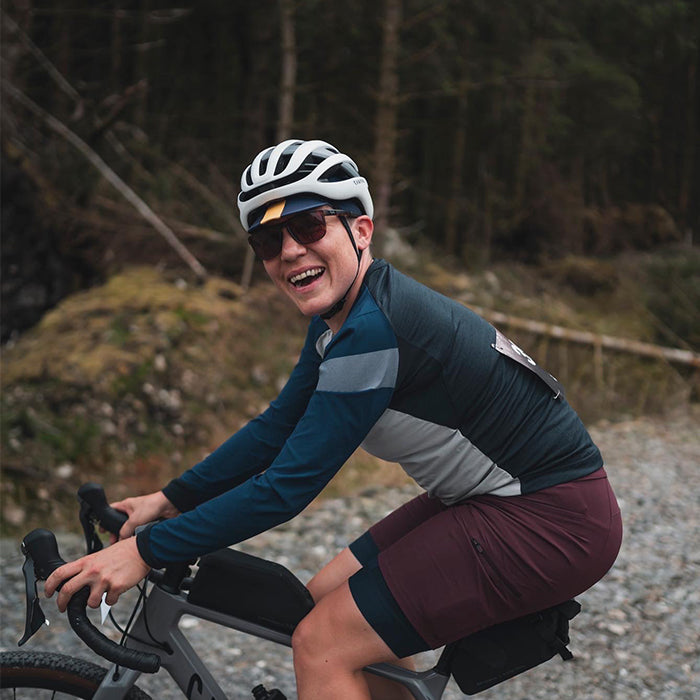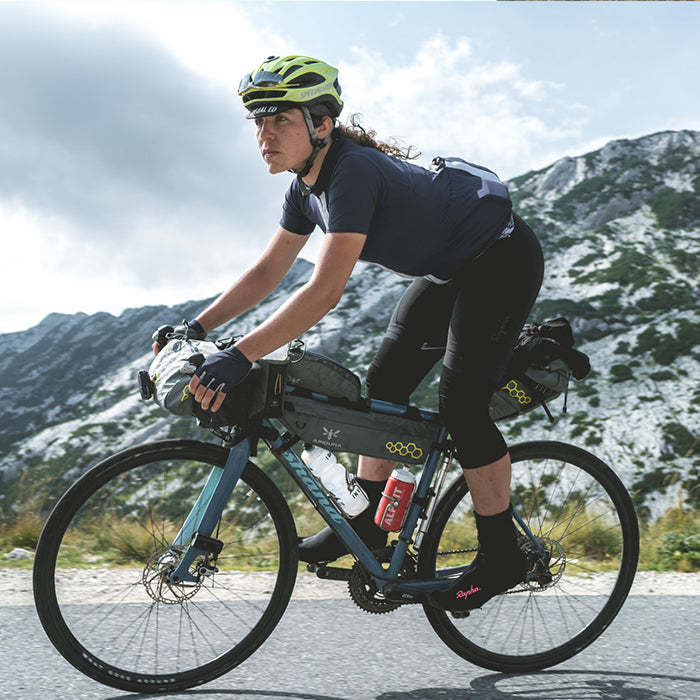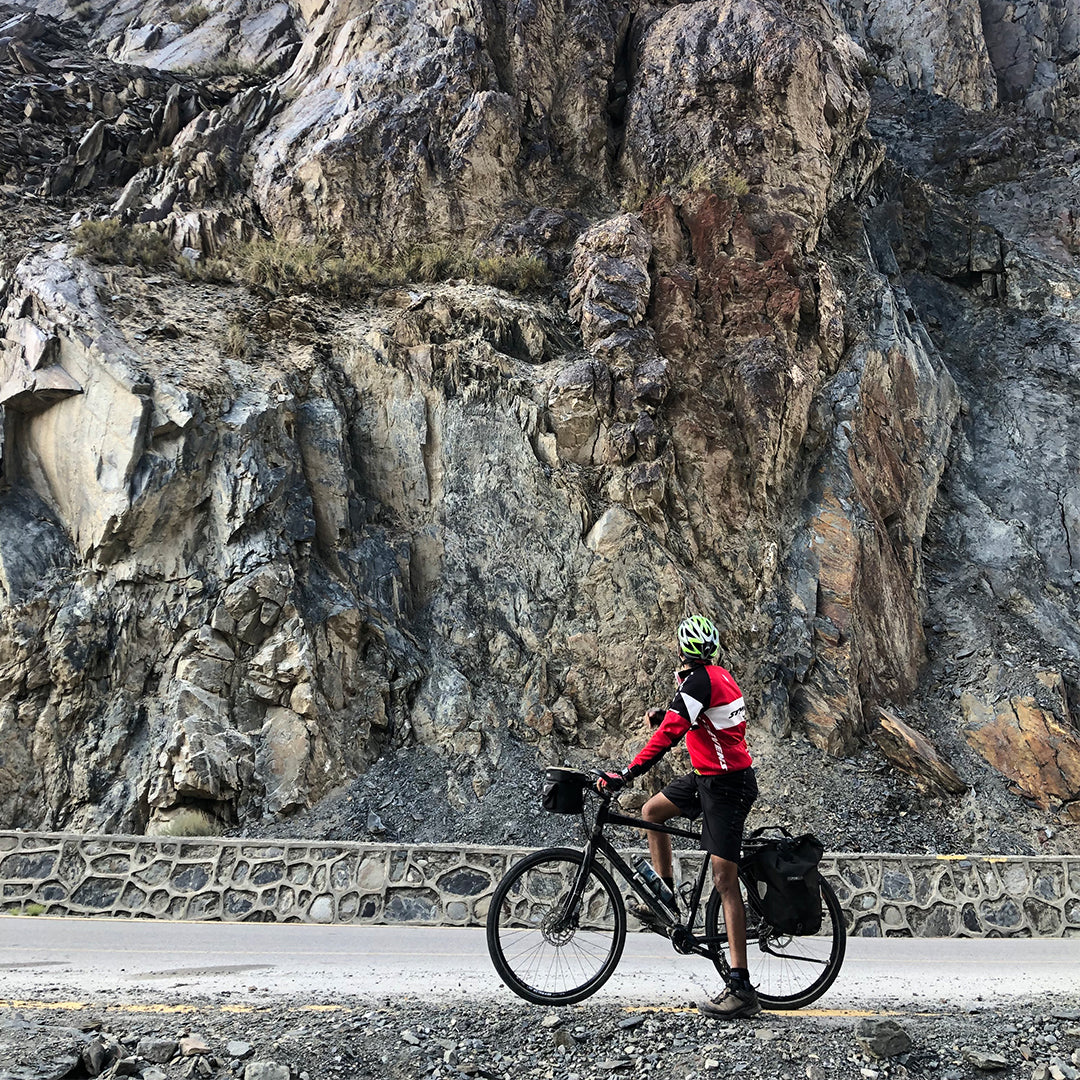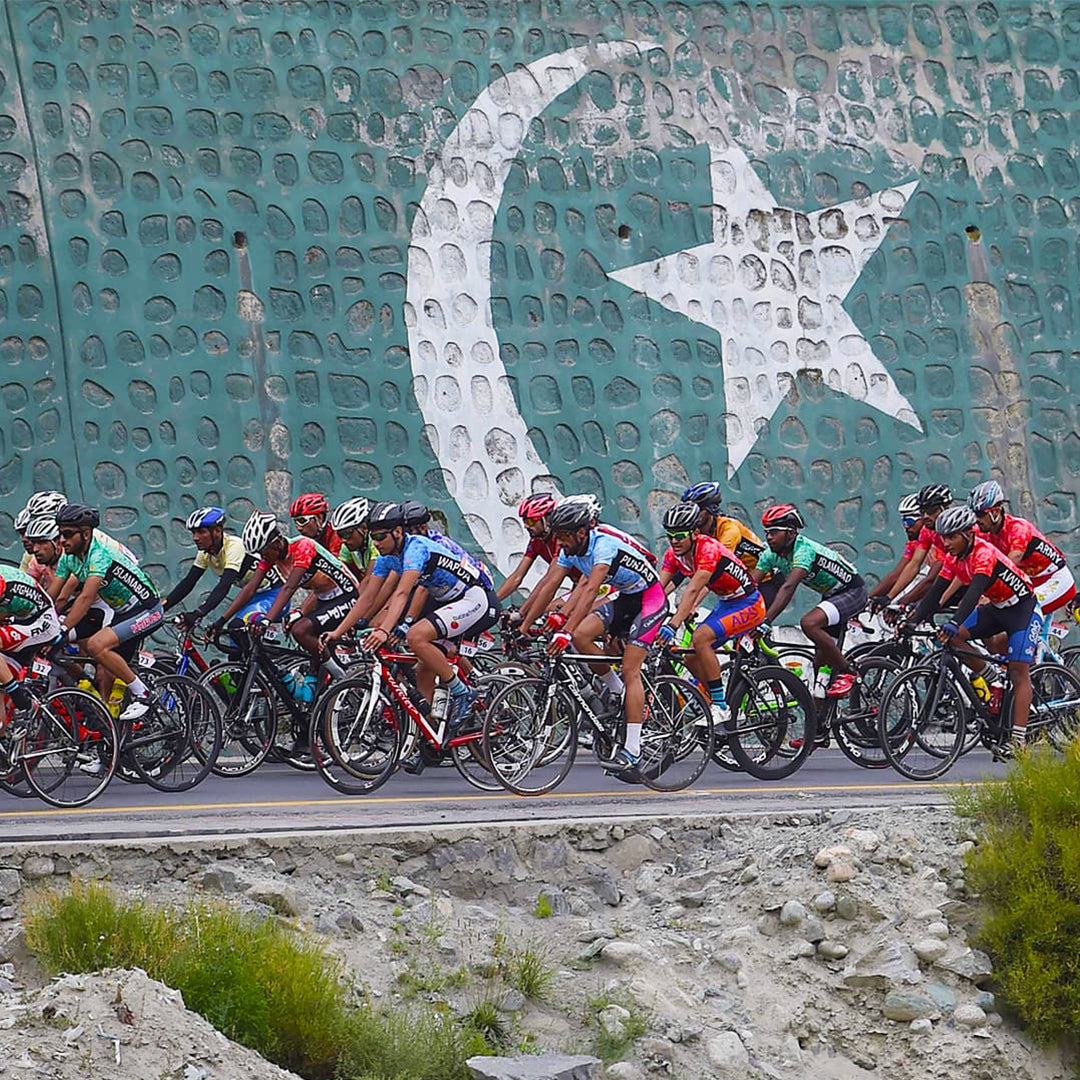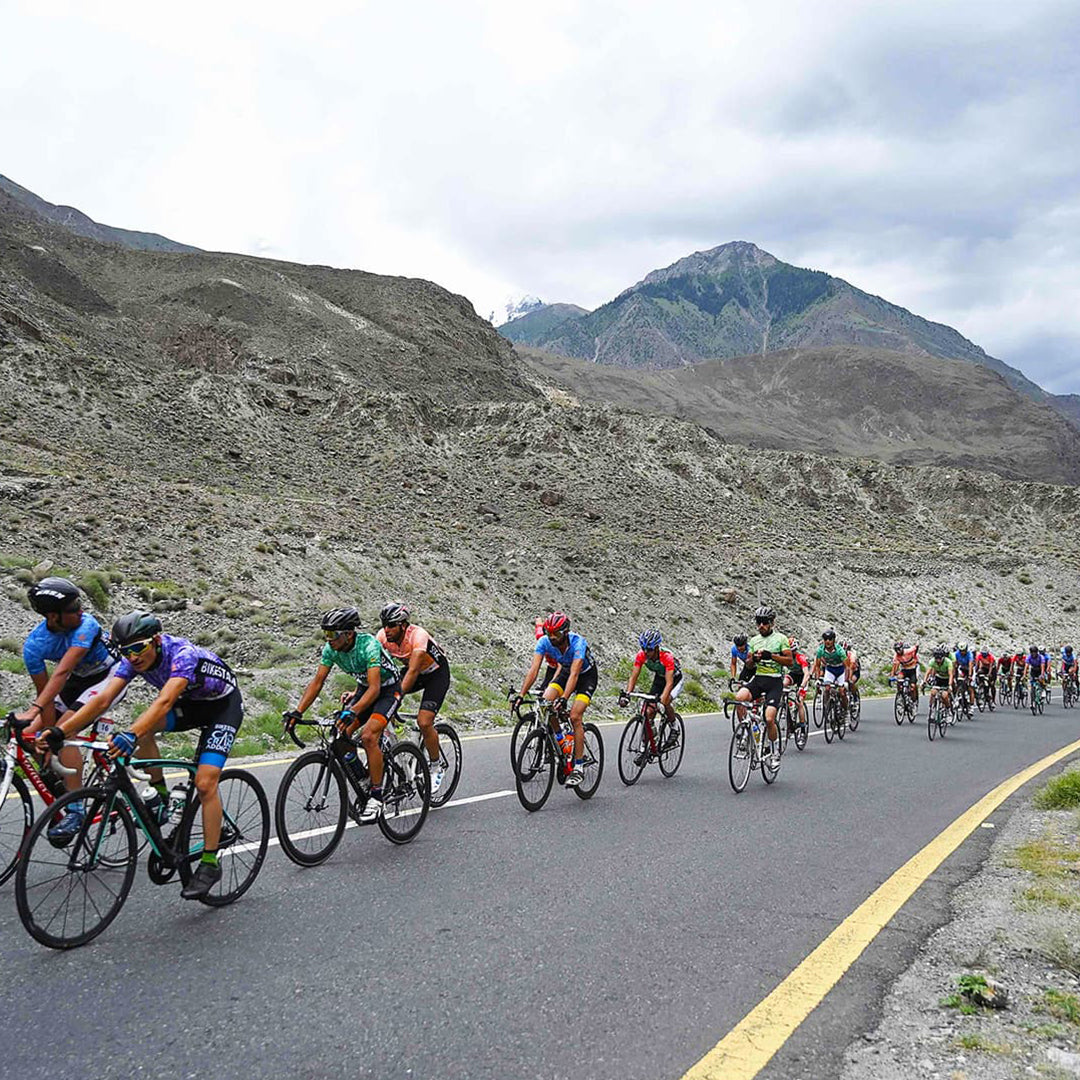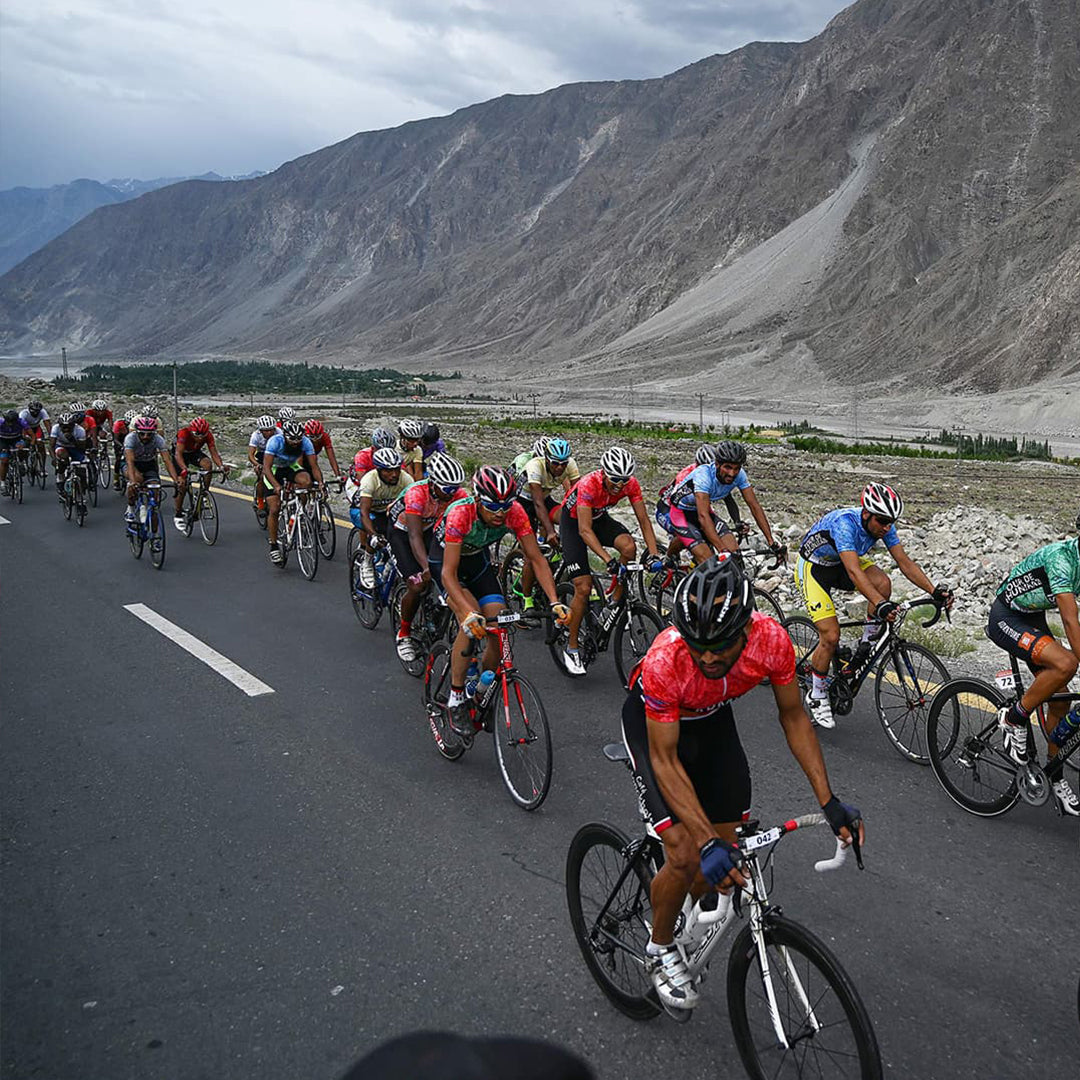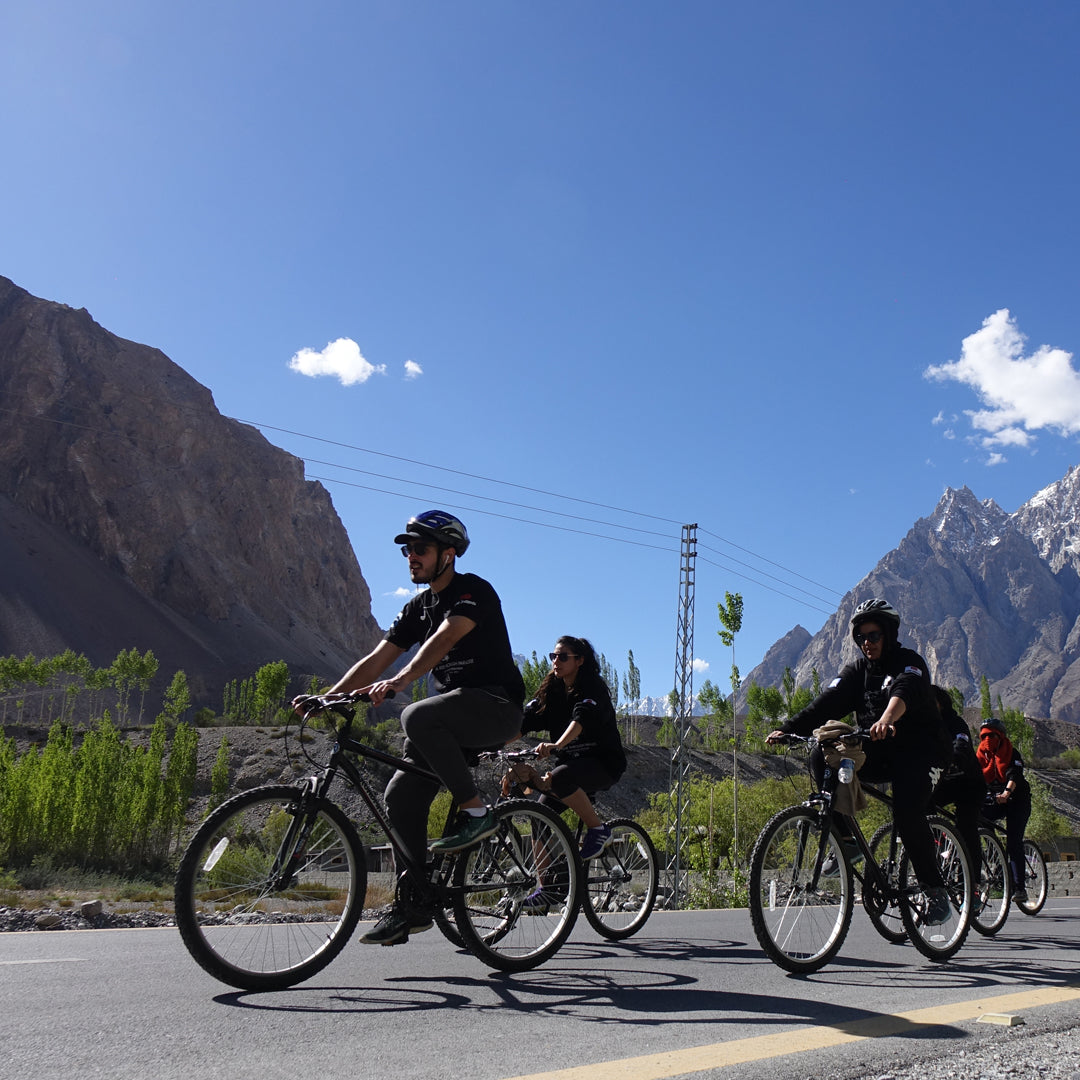Pakistan
Roof Of The World
Roof Of The World
WITH EMILY CHAPPELL
Couldn't load pickup availability
HIGHLIGHTS
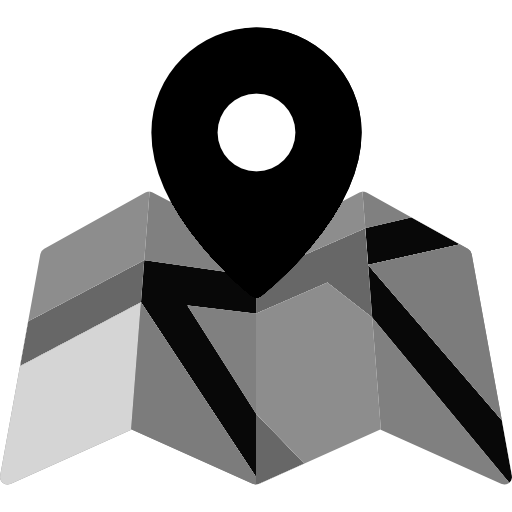 AREA: Karakorum Highway, Northern Pakistan
AREA: Karakorum Highway, Northern Pakistan
 Duration: 13 Days | 12 nights
Duration: 13 Days | 12 nights
 Difficulty: Strenuous
Difficulty: Strenuous
 Max Altitude: 4,694 Metres
Max Altitude: 4,694 Metres
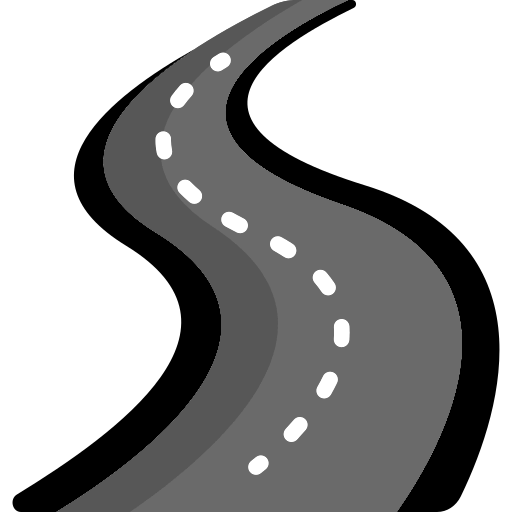 Total Ride: 500KM
Total Ride: 500KM
 Total Elevation Gain: 3,195 Metres
Total Elevation Gain: 3,195 Metres
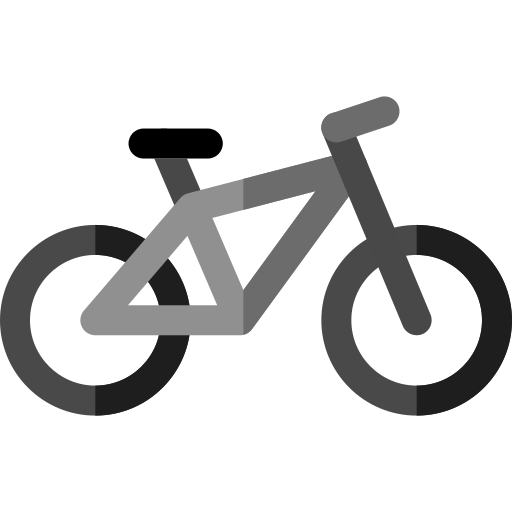 Bicycle: Bring your own bike (we'll take care of all logistics) OR ride one of ours
Bicycle: Bring your own bike (we'll take care of all logistics) OR ride one of ours
 Terrain: Asphalt only
Terrain: Asphalt only
 Dates: 30th September - 12th October 2024
Dates: 30th September - 12th October 2024
 Group size: 8-16 Riders
Group size: 8-16 Riders
DESCRIPTION
Embark on the "Roof Of The World" thrilling adventure that takes cyclists to the towering Khunjerab Pass and back. This epic journey begins in Naran, leading riders on a challenging ascent along the legendary Karakoram Highway, offering breathtaking landscapes and historic Silk Route connections.
Ascend through the awe-inspiring Karakoram mountain valleys, conquering winding roads and relishing the natural beauty at every turn. Reach the pinnacle at Khunjerab Pass, 15,400ft (4693 meters) above sea level, where triumph meets stunning panoramas.
Forge camaraderie with fellow cyclists and immerse in local hospitality, as you pedal through quaint villages and share tales by bonfires. ADA's expert planning ensures a seamless experience, backed by seasoned guides and a rich history of successful tours.
This adventure is an unparalleled opportunity to ascend historic heights, embrace cultural encounters, and redefine your perception of Pakistan's allure. Join us for an unforgettable cycling expedition that fuses adventure and history in a unique and exhilarating way.
We’ll be covering 500km, over eight days of cycling, including two passes over 4,000 meters – along with the Khunjerab, we’ll also visit the 4,173m Babusar Pass, following in the footsteps of the great Dervla Murphy, who was the first person to cross it by bicycle in 1963.
And our itinerary is designed with three things in mind - to challenge you as a cyclist, to show you the very best of Pakistan’s scenery and culture, and to give you the flexibility of choosing how much time you spend on the bike - there may be some days where you prefer to ride in the van, go for a trek on foot, or get to know people in the villages we pass through.
MEET OUR TOUR LEADER: EMILY CHAPPELL
Emily Chappell is an athlete, adventurer and author from the UK. After studying at
Cambridge and SOAS, she spent several years as a cycle courier in London before
venturing further afield. Between 2011 and 2013 she cycled across Asia, spending three
months in Pakistan en route. Back then, the Karakoram Highway was unpaved, and you
had to take a boat across Attabad Lake – Emily still talks about it as one of the most
beautiful places she has ever cycled, and insists that chai and paratha is the ultimate
post-ride snack.
Since returning from that first big adventure, she has spent more than a decade
exploring the world by bicycle, including winter crossings of Iceland and North America
(enduring temperatures as low as -40), and thousands of miles around the backroads
and mountain trails of Europe. In 2016 she won the prestigious Transcontinental Race,
riding 4,000km from Belgium to Turkey in under two weeks (self-supported), and since
2017 she has led Le Loop, an endurance challenge where amateur cyclists take on the
entire route of the Tour de France. She has published two books about her adventures
(What Goes Around and Where There’s A Will), and is a popular public speaker, a
talented presenter, and an impassioned advocate for diversity in the outdoors.
Included
Included
- Professional English speaking guide
- All accommodation (twin sharing basis), single room upgrade available (pay extra)
- All meals (lunch-breakfast-dinner)
- All permit fees, park fees, entry fees and government taxes
- Airport transfers
- All land transport involved in the itinerary
- Support/Back up vehicle
- Mechanical services and basic tools while on the road
Not Included
Not Included
- International flights
- Travel insurance
- Visa
- Tips for local guides and support staff
- Miscellaneous expenses
- Souvenirs and personal shopping
- Personal equipment
- Drinks and snacks
- Personal expenses
- Laundry services
- Anything that's not mentioned in the ‘what's included’ section
Share
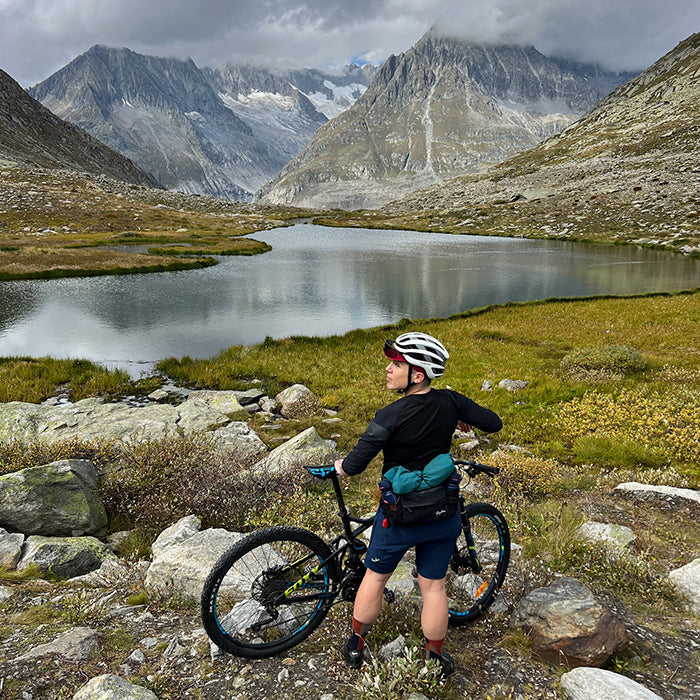
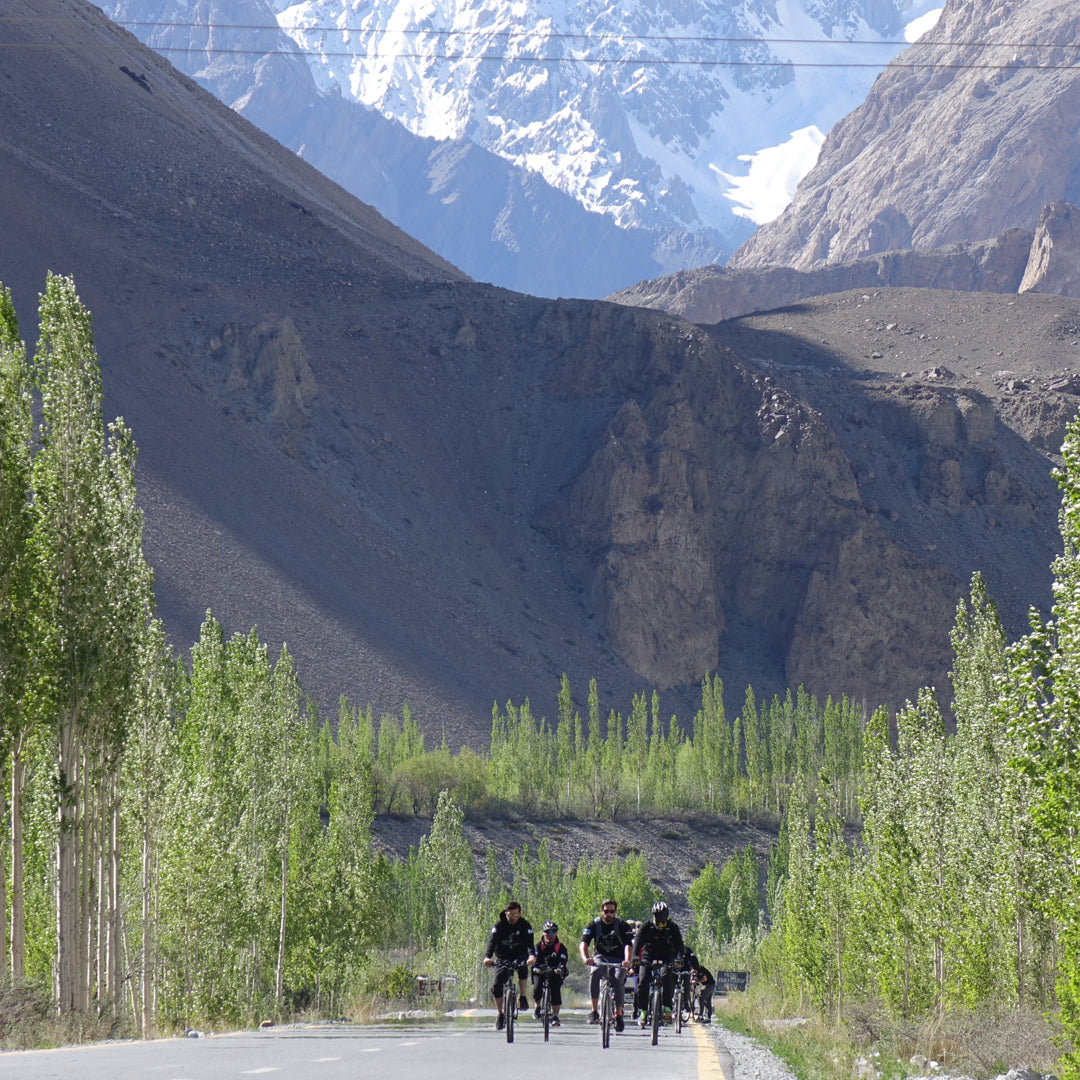
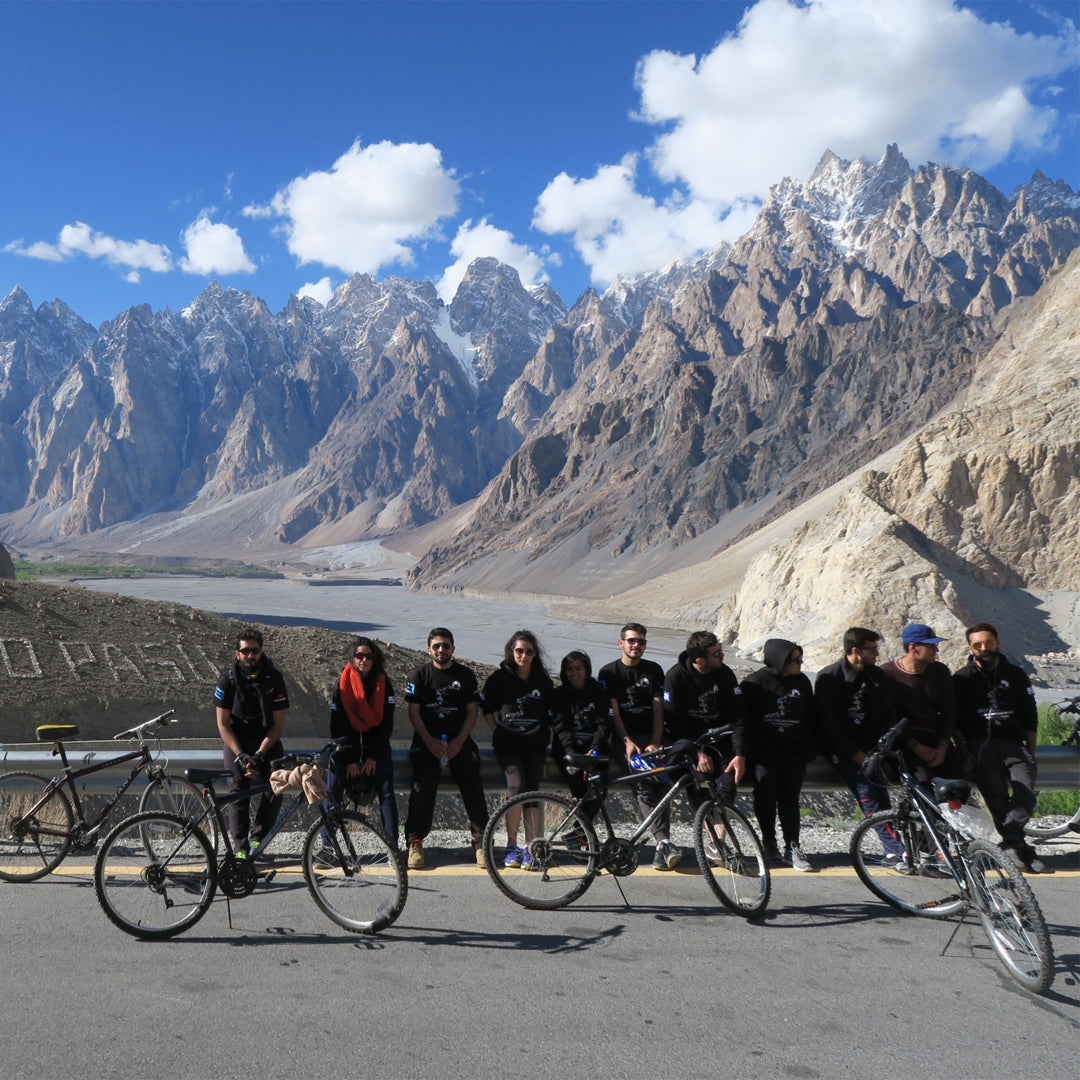
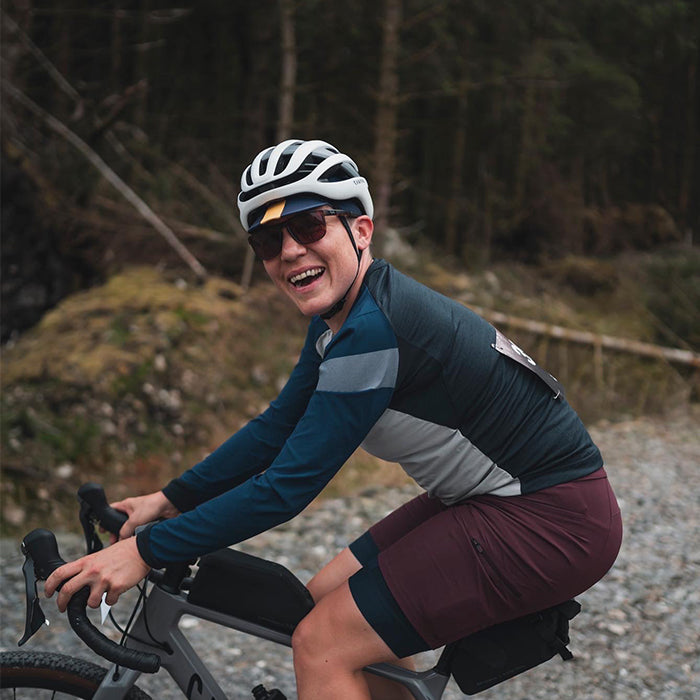
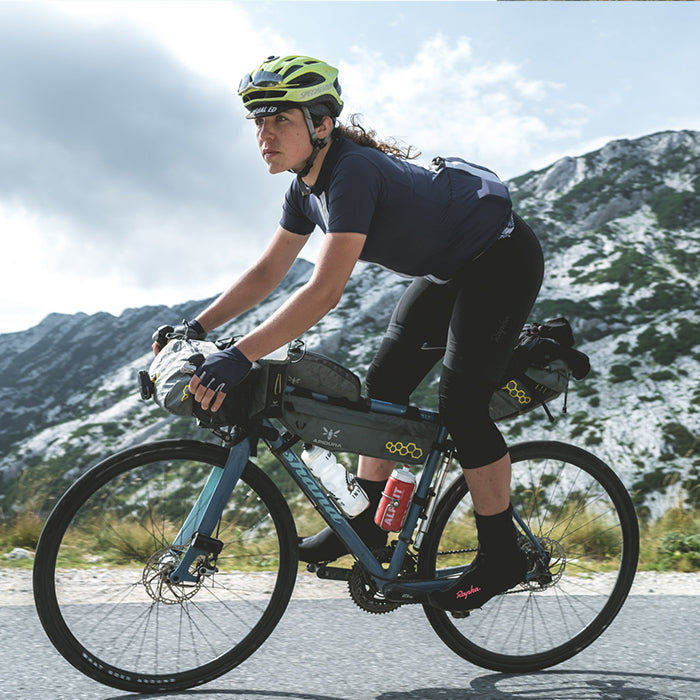
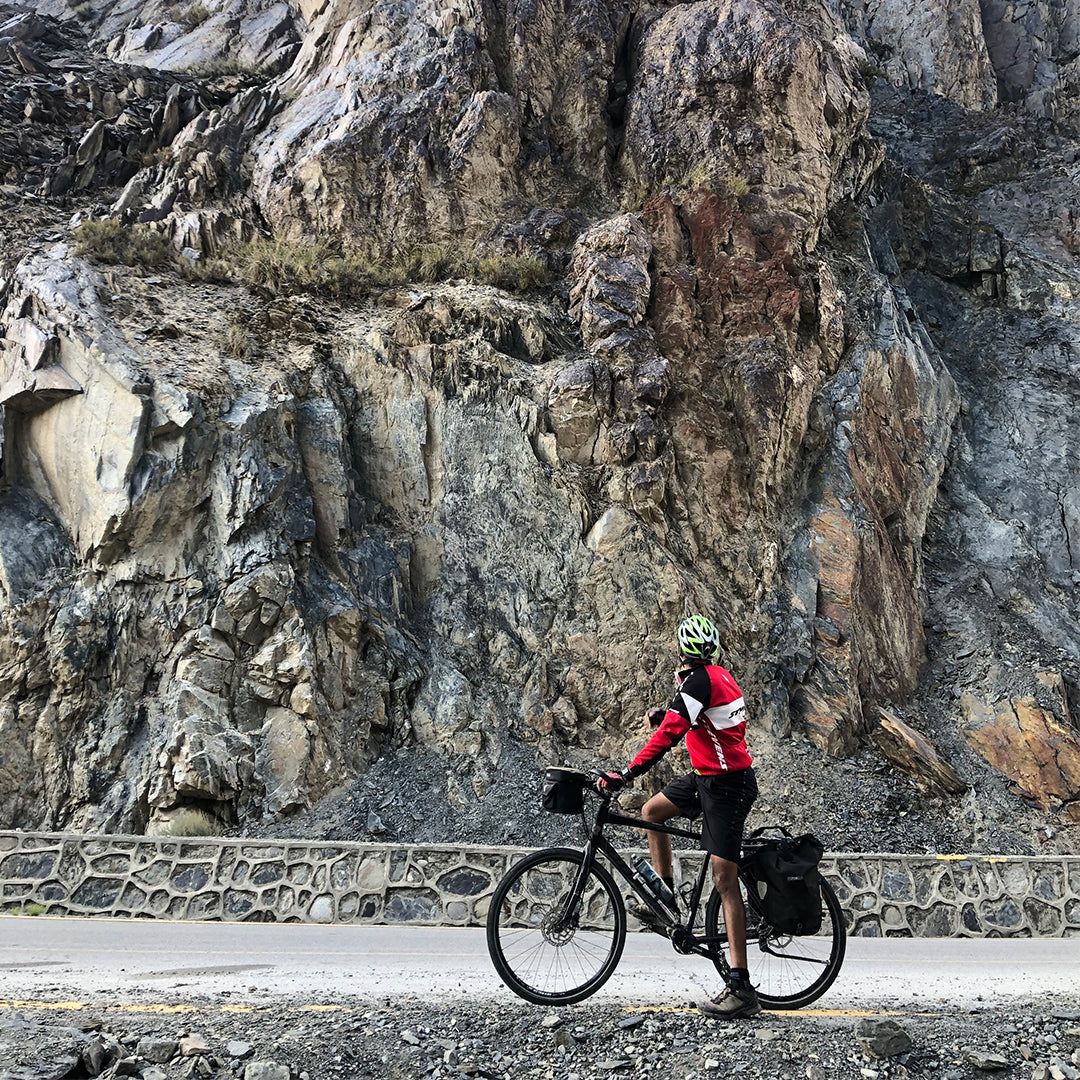
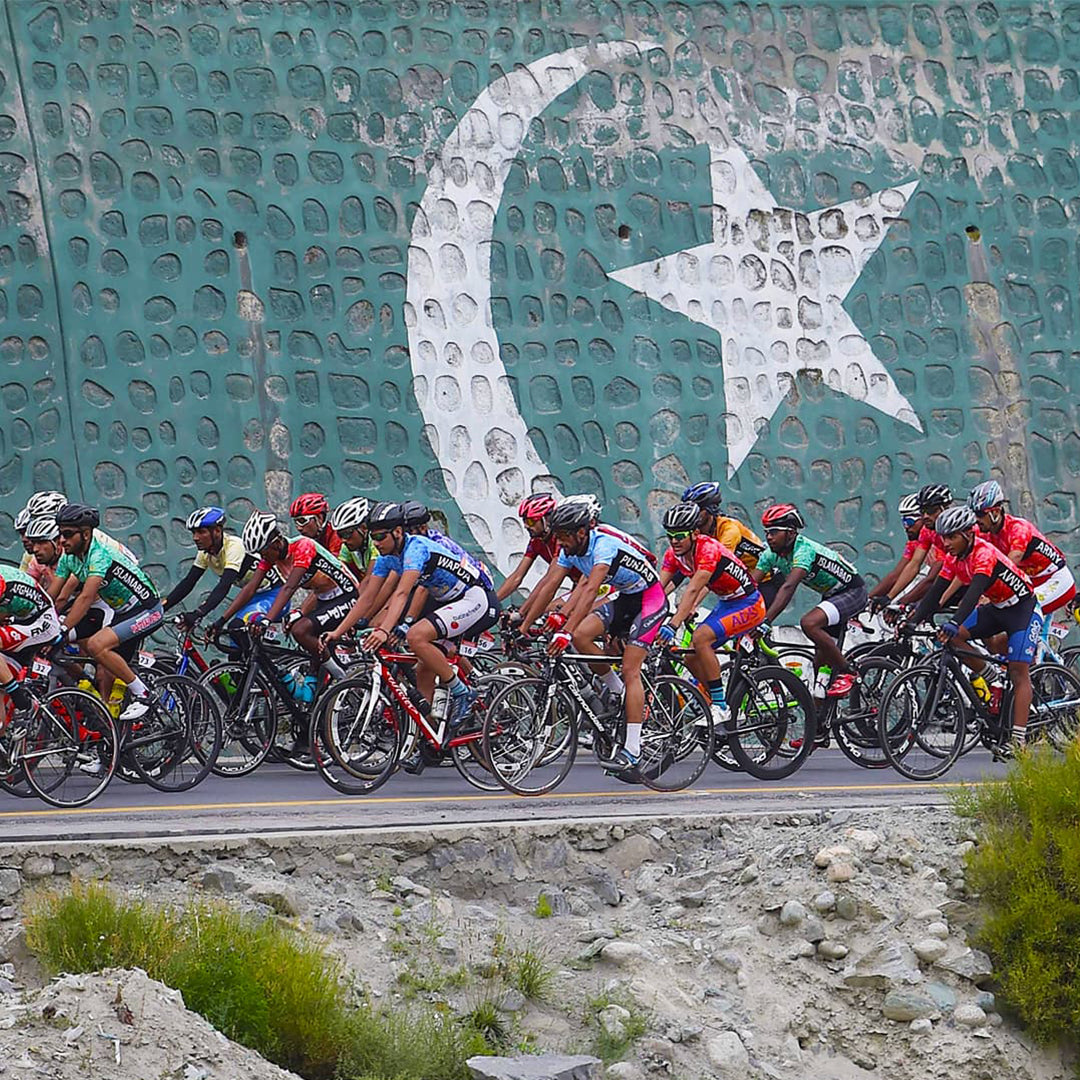
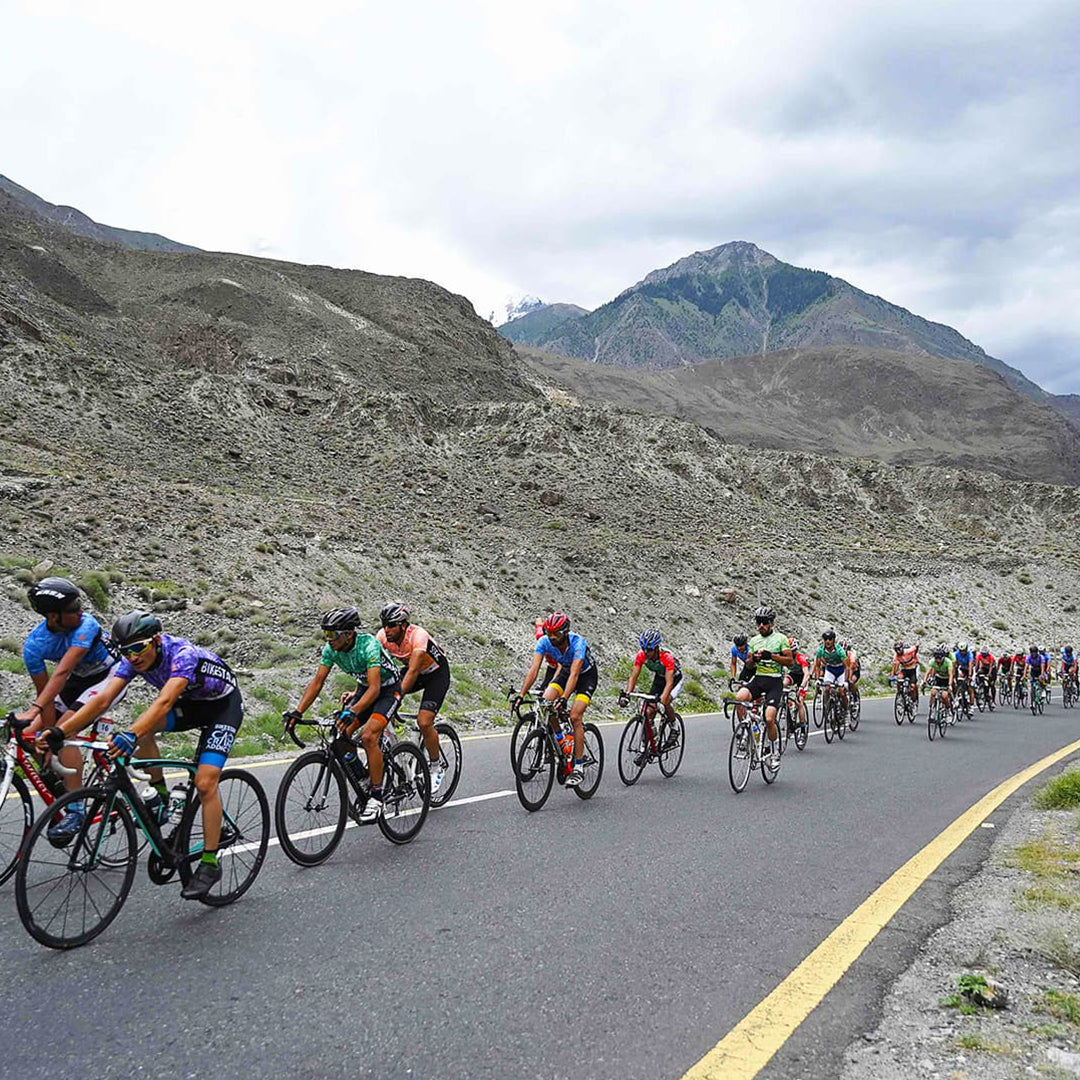
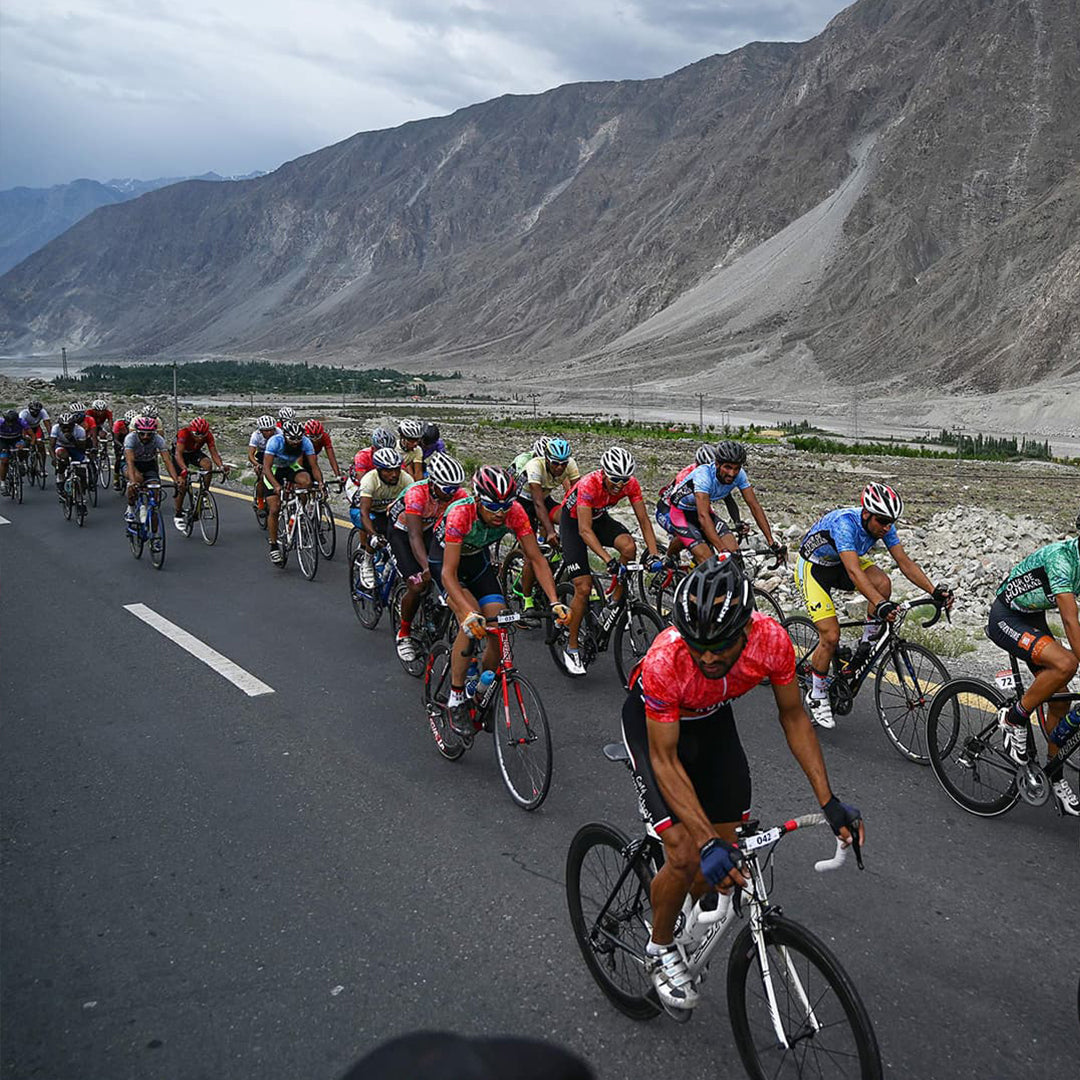
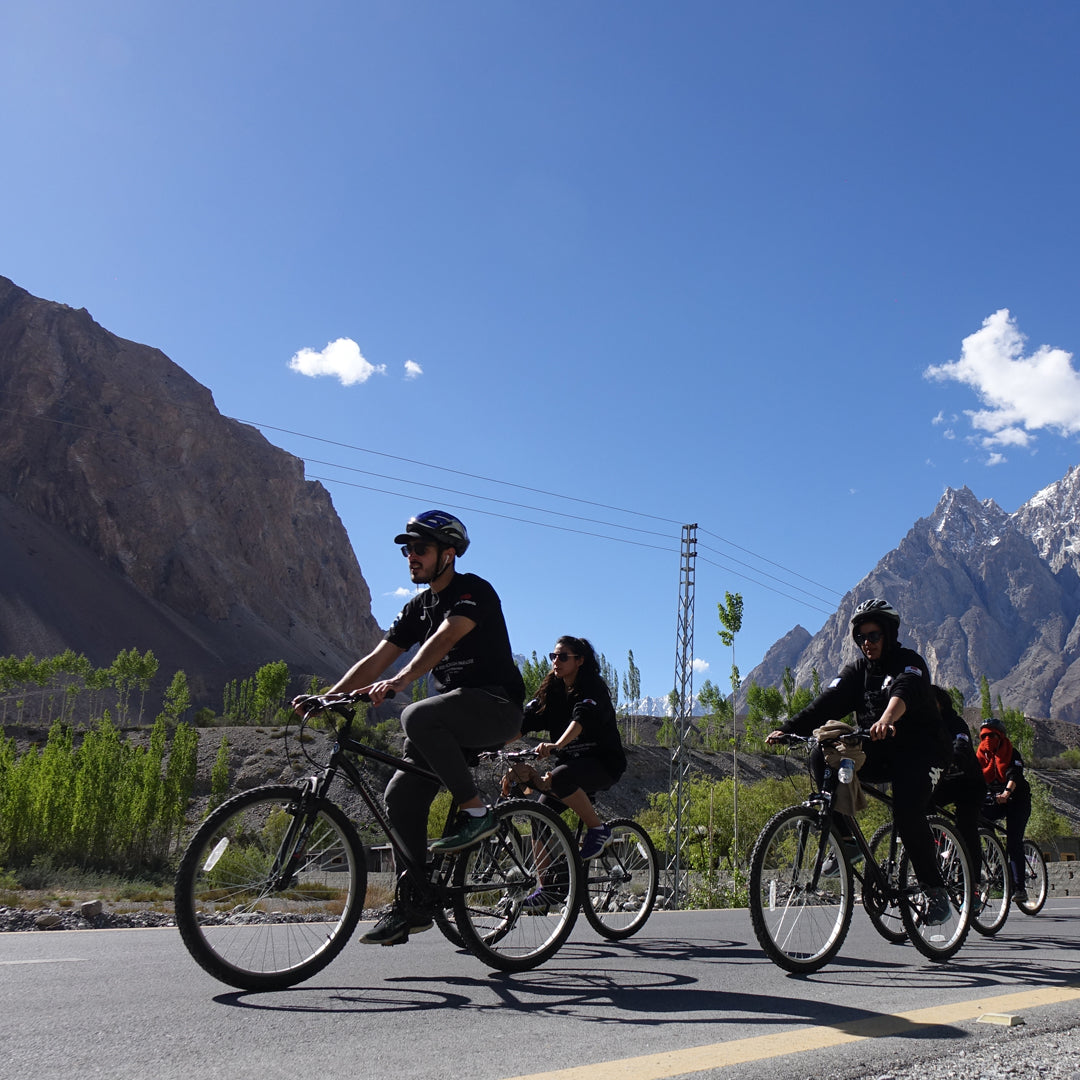
Itinerary
DAY 1: ARRIVAL AT ISLAMABAD
Upon arriving at Islamabad International Airport, you'll be warmly welcomed and swiftly transported to your hotel. Take in the city's charm as you explore its attractions and enjoy an early dinner to overcome jet lag.
DAY 2: ISLAMABAD TO NARAN
Depart from Islamabad for a 6 hour drive to Naran, indulging in local Pakistani lunch and snacks during the journey. In the evening, explore the vibrant Naran night market, followed by dinner and a bonfire.
DAY 3: NARAN TO GILGIT VIA BABUSAR PASS
(First day on the bikes)
Cycle from Naran to Chilas via Babusar Pass (13,700 ft), then take a 3-hour drive to Gilgit. Experience the local night market and savor dinner at the renowned Chacha (Uncle) Chicken.
Start elevation: 7875 feet/2400 metres
Highest Elevation: 13700 feet/4175 metres
End Elevation: 4920 feet/1500 metres
Total cycling distance: 114 kilometers/70 miles
Total distance: 233 kilometers/145 miles
DAY 4: GILGIT TO HUNZA
Embark on a bicycle journey from Gilgit to Hunza, enjoying lunch at the Rakaposhi viewpoint en route. Relax at the hotel upon reaching Hunza.
Start elevation: 4920 feet/1500 metres
End Elevation: 8200 feet/2500 metres
Total Elevation gain: 3280 feet/1000 metres
Total distance: 60 miles/96 kilometers
DAY 5: EXPLORE HUNZA
Choose between cycling or a day off in Hunza, exploring old forts, enjoying homemade food with locals, and supporting an all-women furniture factory. Explore the local Hunza Bazaar, shop, and witness the sunset at Eagles Nest.
DAY 6: RIDE TO PASSU
We Ride to Passu via Ganesh Village, Attabad Lake, and Khyber Village. Enjoy lunch at Khao Pulao, followed by rest at the hotel.
Start Elevation: 8200 feet/2500 metres
End Elevation: 8200 feet/2500 metres
Total Elevation Gain: None
Total Distance: 50 kilometers/31 Miles
DAY 7: PASSU TO SOST
Today offers a relaxed start as we can begin a bit later. It's a shorter ride, covering just 35km from Passu to Sost. But brace yourself for tomorrow – it's the big day when we head up to the China border.
Start Elevation: 8200 feet/2500 metres
End Elevation: 9186 feet/2800 metres
Total Elevation Gain: 986 feet/300 metres
Total Distance: 35 kilometers/21 Miles
DAY 8: SOST TO KHUNJERAB (CHINA BORDER) AND BACK
Take on the challenge of riding from Sost to Khunjerab and back, with vehicle support available for riders who wish to take a break; rest in Sost.
Start elevation: 9200 feet/2800 metres
Highest elevation: 15,400 feet/4700 metres
Total gain in elevation: 6210 feet/1900 metres
Total Distance: 192kilometers/120 Miles
DAY 9: SOST TO PASSU
Cyclists cover the remaining ride to Khunjerab and down to Passu or ride from Sost to Passu. Reach Passu, either on bikes or in the support vehicle.
Start elevation: 9200 feet/2800 metres
End elevation: 8,200 feet/2500 metres
Total elevation drop: 1000 feet/300 metres
Total Distance: 35 kilometers/22 miles
DAY 10: EXPLORE PASSU AND GULMIT
Explore Passu and Gulmit villages, visit the Korgah all-women weaving center, and participate in the ADA music exchange program at Nasir Khusrow Primary School in Ghulkin. Choose from day treks, including Ghulkin to Borith Lake Glacier trek and Bascochi trek for aerial Attabad Lake views.
DAY 11: PASSU TO NARAN
Begin the descent to Islamabad with a 7-hour drive from Passu to Naran for an overnight stay.
DAY 12: NARAN TO ISLAMABAD
Drive from Naran to Islamabad for 6 hours, visiting Faisal Mosque and Saidpur Village for a farewell dinner upon reaching the capital.
DAY 13: FLY HOME
Fly out from Islamabad. Write to us when you reach home. Safe travels!
FAQs
IS INSURANCE INCLUDED?
Insurance is not included; however, we strongly advise all clients to obtain independent personal health insurance. Many riders who join us for motorcycle or hiking/mountaineering tours with us in Pakistan, which we believe pose greater risks than cycling, opt to purchase two-week insurance from https://www.worldnomads.com/row/travel-insurance
You'll need to make sure your insurance covers travel in Pakistan, travelling by bicycle, and travel above 4,000m. (We will not be going above 5,000m.)
HOW WILL THE BIKES BE CARRIED?
Bikes while in transit will be our responsibility, they will be handled with utmost care. We will hire a separate van, remove all the seats and make storage for the bikes. We will use thick blankets and foam sheets to separate the bikes from each other.
WILL THE BIKES BE SAFE WHEN WE ARE NOT RIDING?
While we're at the hotel overnight, our bikes will be under the watchful eye of dedicated security personnel. Our accommodations typically feature gated parking areas with overnight security on duty. It's worth noting that crime rates in northern Pakistan are minimal, and we've never encountered any issues.
DO I NEED TO HAVE VACCINATIONS TO VISIT PAKISTAN?
No vaccinations are mandatory for this trip. However, some individuals opt to receive vaccinations for malaria or dengue before visiting as a precaution.
WILL THERE BE A QUALIFIED FIRST AIDER THERE?
Yes, there will be a qualified first aider present. Additionally, our routes are dotted with multiple clinics and medical centers located at short intervals, as well as near our accommodations, ensuring prompt medical attention for any needs that may arise.
WILL THERE BE VEGETARIAN/VEGAN FOOD AVAILABLE?
Yes, vegetarian dishes can be available at every meal. However, please let us know about any dietary restrictions upon signing up, so we can accommodate accordingly.
WILL I NEED ANY SPECIAL PERMIT, NOCS, ETC. TO TRAVEL IN GILGIT-BALTISTAN?
We will handle all permit arrangements for all guests participating in this tour.
IS PAKISTAN SAFE?
If you're considering a trip to Pakistan, rest assured that the country is currently safe for travelers of all genders. While security concerns persist in remote areas, significant strides have been made in recent years to combat violence and terrorism, making many parts of Pakistan safe for both locals and visitors.
Since the peak of Taliban activity between 2009 and 2012, Pakistan has experienced considerable stabilization. The country's military plays a crucial role in maintaining peace, with active intervention from agencies like the ISI to address potential threats preemptively. Despite the visible presence of checkpoints and military personnel, the streets are now much safer than in previous years.
Contrary to what is often portrayed in the media, the Pakistan you'll encounter—marked by guns, bombs, and terrorism—is far from the reality on the ground. Tourist destinations are notably peaceful, and the risk of terrorism is minimal. We invite you to experience Pakistan firsthand and discover for yourself that it is indeed a safe and welcoming destination.
WHAT SORT OF BIKE SHOULD I BRING?
Whatever you like. The entire route is paved, so there’s no need for knobbly tyres, and
our main challenges will be altitude and gradient. We’ll be doing a lot of riding above
2,000m elevation, which means less oxygen in the air – which means we’ll all effectively be less fit than we would be at sea level, and get tired more quickly. So you might want to think about bringing a bike with lower gearing, to make life easier for yourself.
You won’t need to carry any luggage, but we’d recommend you have a small bag on your
bike, for snacks and other essentials.
WILL THERE BE MECHANICAL SUPPORT?
We will have an on-board mechanic, with a toolkit and basic spares. However, a lot of
the more specialised components aren’t available in Pakistan, so we’d recommend
bringing anything you might need to keep yourself going, including a spare mech hanger
and a spare tyre, and making sure your bike has been thoroughly serviced before you leave home. (Including new gear cables and hub bearings)
HOW HOT/COLD WILL IT GET?
The temperature is likely to range between 15 and 25 degrees, which means that most of the time it’ll be very comfortable for cycling. Bear in mind that it’ll be cool in the
evenings, and potentially very cold at the tops of the passes. You’ll want to have a warm
layer available for descents, and gloves and an insulated jacket for the higher sections of the route. As for any ride, you should bring waterproofs and sun protection.




